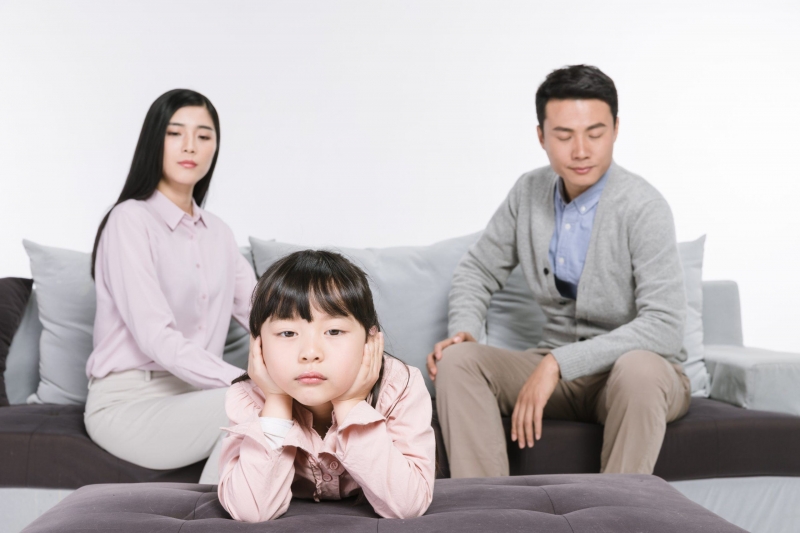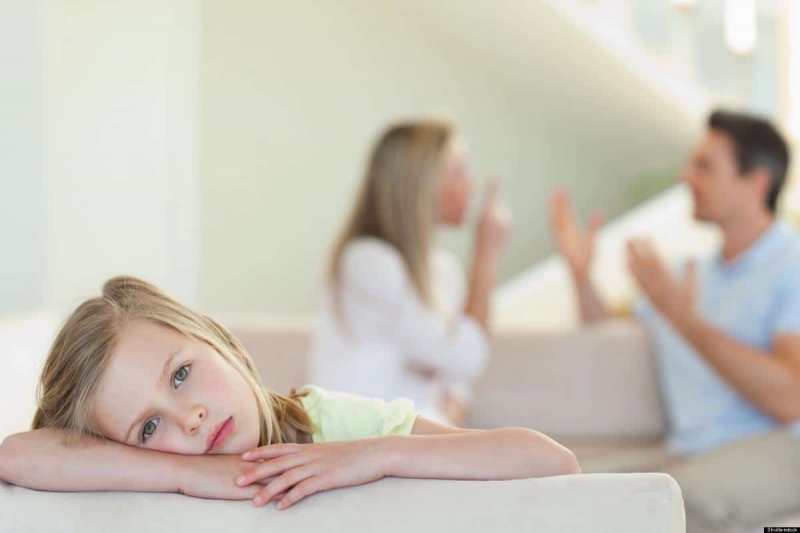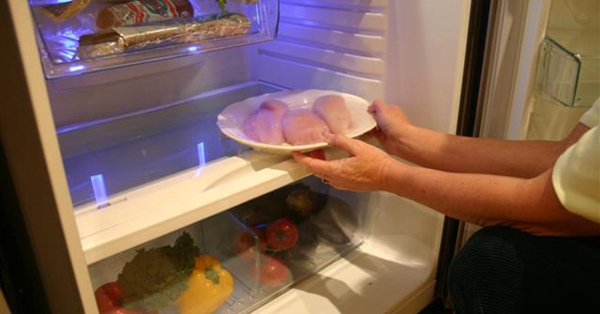Talk to children about their parents’ divorce

Parents should not discuss legal issues, division of property or argue about issues related to divorce in front of their children.
Children will be shocked when their parents divorce?
Mr. Hung and Ms. Thu divorced when Bon was only 4 years old. Both have chosen not to talk about divorce with their children, because they think that even if they talk about them, they still cannot understand. They agreed to tell me that, because my grandfather was seriously ill, my mother would stay home to take care of him for a while, and we would live together without my mother (Bon’s grandfather had cancer, so when my parents said So, Bon believes it.) The court ruled that Bon stayed with his father, on weekends his mother or grandmother came to pick him up. At first, Bon’s mother was a little sad, but Bon thought that his grandfather needed her more now, so Bon gave up. It wasn’t until Bon was 6 years old, in 1st grade, that his parents told Bon the truth, that they were divorced and could not get back together, but both still loved Bon as ever. Bon still doesn’t quite understand the word divorce. When hearing his friends say “divorce means leaving each other”, Bon understood that he would never be able to live in the same house with both parents again. Because he was used to being with his father and his mother came to pick him up on weekends, the boy was not too shocked. Bon is still happy to go to school and looks forward to the weekends to see her mother.
Psychologists say that a child is too young to understand what divorce is. Therefore, with preschool children, when talking about divorce, you just need to simply explain that: Mom or Dad will no longer live in this house and the child will live in both the old house and the new house with either parent. Even though parents no longer live in the same house, they will still love and take care of their children.
However, no matter how skillful you are to reassure your child, the sudden absence of a parent can make a young child feel insecure, have trouble sleeping, or feel sad. This is completely normal. Children need a certain amount of time to adjust to this change.
With older children, when parents talk about divorce, they may worry about how their lives will be disrupted, not knowing who they will live with: mom or dad? where will be: new house or old house? Can I see my parents again after their divorce?…
Many parents delay divorce because they think that children cannot accept this fact, but in reality, children’s ability to adapt is often better than adults.
Minh was surprised when she told her 11-year-old eldest daughter that she was getting a divorce and wanted to adopt both children. She asked me if I was shocked, if I don’t want to, then I will not divorce anymore, but the girl frankly replied: Good, finally, parents divorced. Every day I see my mother crying silently, I love her so much, Dad has caused her enough pain. Now without dad, mom won’t have to cry anymore. So the mother and daughter started a new life happily. After the divorce, Ms. Minh is no longer suffering or sad, she feels relieved every time her ex-husband comes to pick up her child.
However, not all children easily accept their parents’ divorce as calmly as Ms. Minh’s daughter. Many children suffer, cry, even run away from home or ask to commit suicide if their parents divorce. Therefore, telling children, especially teenagers who are having many physiological and psychological changes about their parents’ divorce, should be very careful.

How do you tell your children about their parents’ divorce?
Only tell your child about the divorce when you are sure it will happen. If you just have an intention, do not rush to tell the child.
You shouldn’t talk to your child about divorce too soon, as the time between knowing your parents’ divorce and the court’s decision can be extremely stressful. Ideally, just say a week or a few days in advance.
Don’t talk about your parents’ divorce when your child is out or about to go to bed, as this will make the child lose interest, feel anxious and insecure.
Ideally, both parents should talk to their children about the divorce together. This will help children understand that the divorce decision belongs to both parents, not just anyone. Besides, it also helps maintain a child’s sense of trust in both parents (according to Paul Coleman, psychologist and author of How to Say It to Your Kids). to tell it to your child”).
It should be said for children to understand that parents’ divorce is not the child’s fault. Because sensitive children may blame themselves for causing their parents to break up. And don’t forget to emphasize this: Even if you break up, your parents still love and take care of you. Parents will no longer live in the same house with their children, but their love for their children will never change.
You don’t have to tell your kids exactly why you’re getting divorced. It’s just that the parents are no longer compatible or are too different in their lifestyles to decide to divorce. If we try to endure each other, the family cannot be happy.
Parents should not discuss legal issues, division of property or argue in front of their children. Having to hear these things will hurt the child even more.
Talking to your kids about the divorce is just the beginning. Life after divorce is full of difficulties, especially for those who receive custody of children, so you need to be strong, calm and steady in your actions and decisions. Divorce is not necessarily unhappy, many children still live happily and happily after their parents divorce. So, if you have decided to divorce, you should be frank with your children about this when choosing the right time.
at Blogtuan.info – Source: Afamily.vn – Read the original article here



